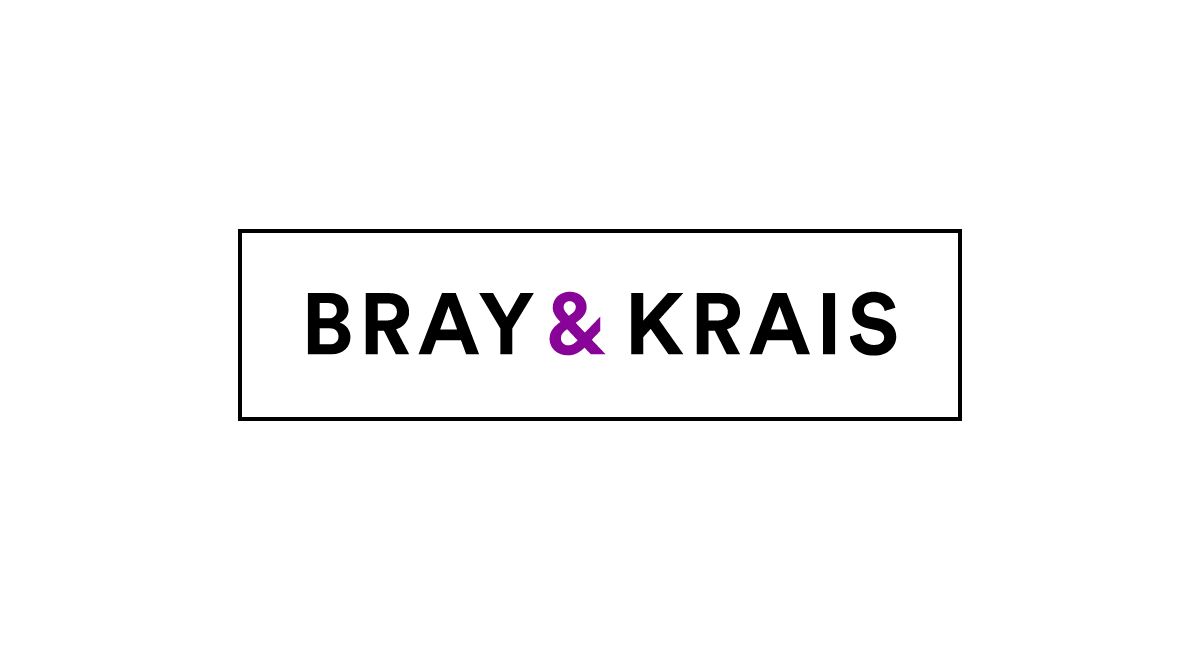What Suno and Udio’s legal defences tell us about AI + fair use
As reported at the beginning of August, Suno and Udio have now filed their defences in the ongoing lawsuits brought by the Recording Industry Association Of America on behalf of the major labels. As predicted, with Suno admitting that it has trained on copyrighted recordings, the cases are set to be primarily about whether the ‘fair use’ defence in the US for infringement can be successfully run for the training of AI tools on copyright works.
Whilst there is not actually much information disclosed about how the companies trained their models in the submissions, Suno notes that its training data “includes essentially all music files of reasonable quality that are accessible on the open Internet, abiding by paywalls, password protections, and the like, combined with similarly available text descriptions”. This shifts the burden from the RIAA to prove its works were in the original dataset and could potentially open the way for more lawsuits - for example, from publishers - whose underlying works would inevitably be found in those files. Notably, Udio doesn't make the same statement.
In another notable difference, Udio states that its tool “does not store copies of any sound recordings”. Suno doesn’t make the same assertion, and elsewhere refers to “copies never heard or seen by anyone”. Whether copies are stored could have important copyright implications, and whether Large Language Models do actually store copies is an ongoing and contentious technical and legal debate - such as concerns surrounding a technical issue known as ‘memorisation’.
Based on the submissions so far, the fundamental issue in the cases is likely to be not whether the platforms were trained on copyright works, but, whether such training was permitted by ‘fair use’. Fair use is a much broader copyright defence than under UK or EU copyright law. It is a flexible defence that can encompass many factors, such as the purpose and character of the use, the nature of the copyright work, the amount and substantiality of the work used, and the effect of the use upon the potential market of the copyright work.
“the major record labels wield massive market power. And they have not hesitated to exploit it in fundamentally anticompetitive ways...”
The defendants’ central argument is that the copies in the training process were simply stored as part of a back-end process and that they shouldn’t be prevented from making copies simply because the outputs may compete with record labels’ catalogues. This idea that the labels’ objection to the training of the tools is purely anticompetitive is a theme running through the defences; as both submissions note: “the major record labels wield massive market power. And they have not hesitated to exploit it in fundamentally anticompetitive ways”.
One of the most revealing paragraphs in the defences is that both Suno and Udio rely upon previous case law where copies were made that allowed a purported infringer to “compete” in the same market as the copyright owner.
However, what they fail to mention is that these both examples were in the context of ‘reverse engineering’ of computer software (Google v Oracle and Sega v Accolade). In those two earlier cases, the defendants made copies only to identify unprotected functional code, which then allowed the defendants to create software which worked on (or was “interoperable” with) the claimants’ platform or operating system. For example, in Sega, the game developer Accolade reverse-engineered Sega’s code only to obtain code for unprotected functional elements so that they could create games which ran on the Sega platform.
“Whilst the best coding is undoubtedly creative, it has a functional purpose different to traditionally artistic areas of copyright protection, such as music, drama, and fine arts...”
Without such a copyright exception, the copyright owners of operating systems and platforms could effectively prevent anyone else from making interoperable software – thus stifling competition. This arose from the compromise inherent in including software within the copyright framework.
Whilst the best coding is undoubtedly creative, it has a functional purpose different to traditionally artistic areas of copyright protection, such as music, drama, and fine arts. In bringing software into the copyright framework, the US legislators relied on the flexibility of the ‘fair use’ defence to ensure copyright wouldn’t be used to stifle competition.
However, seeking to apply this same defence outside of software is going to challenging. There is an obvious need for software developers to create software which works with various different platforms, but it is not clear that there is such a need for creative arts like music. AI tools could already make create recorded music which competes with other recorded music without copying protected recordings.
Essentially, these cases sit at the heart of an age-old copyright debate: is copyright fundamentally an economic tool designed to protect and encourage innovation such as software, or is its essential role to protect the works of creators?
Interestingly, from a UK perspective, our law in this area is fundamentally different. In fact, we have a specific defence (derived from EU law) in relation to such acts of decomplication and reverse engineering, but these are solely related to computer software so would never be applicable in a case where the infringed works were recordings.
The filings were made a week before Anthropic’s latest legal filing in a separate claim brought by music publishers. Anthropic has told the court to focus on whether using lyrics is “transformative fair use”, rather than on “implausible” claims of contributory and vicarious infringement, and removal of copyright management information.
“would an adverse finding for Suno be simply a cost of doing business or would it actually halt the growth of AI-generated music platforms?”
The publishers had provided evidence of lyrical output produced on Anthropic’s Claude AI tool that were extremely similar to copyrighted lyrics. However, Anthropic has submitted that this was just a bug and that later versions of Claude have included guardrails to prevent any accidental infringement. Like Suno and Udio, Anthropic is really asking the court to focus only on the issue of fair use in the training data set.
As a number of these parallel claims proceed through the courts, we will be following to see whether the fair use question is decided by the US Supreme Court.
However, even if it is, will it create a sweeping precedent, or will each case ultimately be decided on its own particular facts - e.g. will cases about recorded music be decided in the same way as ones about lyrics?
And with Suno already launching its first mobile app after attracting 12 million users, would an adverse finding be simply a cost of doing business or would it actually halt the growth of AI-generated music platforms?



